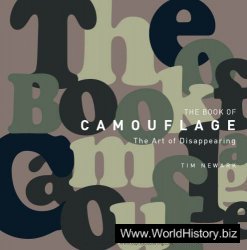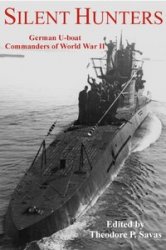When Harry S Truman received the news of Roosevelt’s death in 1945, he claimed that he felt as though “the moon, the stars, and all the planets” had

Levittown, New York, in 1949 epitomizes the postwar housing boom.

An ad in Life magazine features the Dodge Coronet, a car suitable for soldiers.
Suddenly fallen upon him. Although he could not have been quite as surprised as he indicated (Roosevelt was known to have been in extremely poor health), he was acutely conscious of his own limitations.
Truman was born in Missouri in 1884. After his service in a World War I artillery unit, he opened a men’s clothing store in Kansas City. The store failed in the postwar depression. Truman then became a minor cog in the political machine of Democratic boss Tom Pendergast. In 1934 Truman was elected to the U. S. Senate, where he proved to be a loyal but obscure New Dealer. He first attracted national attention during World War II when his “watchdog” committee on defense spending, working with devotion and efficiency, saved the government immense sums. This led to his nomination and election as vice president.
As president, Truman sought to carry on in the Roosevelt tradition. Curiously, he was at the same time humble and cocky, even brash—both idealistic and cold-bloodedly political. He adopted liberal objectives only to pursue them sometimes by rash, even repressive means. Too often he insulted opponents instead of convincing or appeasing them. Complications tended to confuse him, in which case he either dug in his heels or struck out blindly, usually with unfortunate results. On balance, however, he was a strong and, in many ways, successful president.
But he lost a major battle early on. In June 1947, the new Congress passed the Taft-Hartley Act. It outlawed the closed shop (a provision written into many labor contracts requiring new workers to join the union before they could be employed). Most important, it authorized the president to seek court injunctions to prevent strikes that, in his opinion, endangered the national interest.
Truman vetoed the bill, but Congress overrode it. The Taft-Hartley Act made the task of unionizing industries more difficult, but it did not seriously hamper existing unions.




 World History
World History









